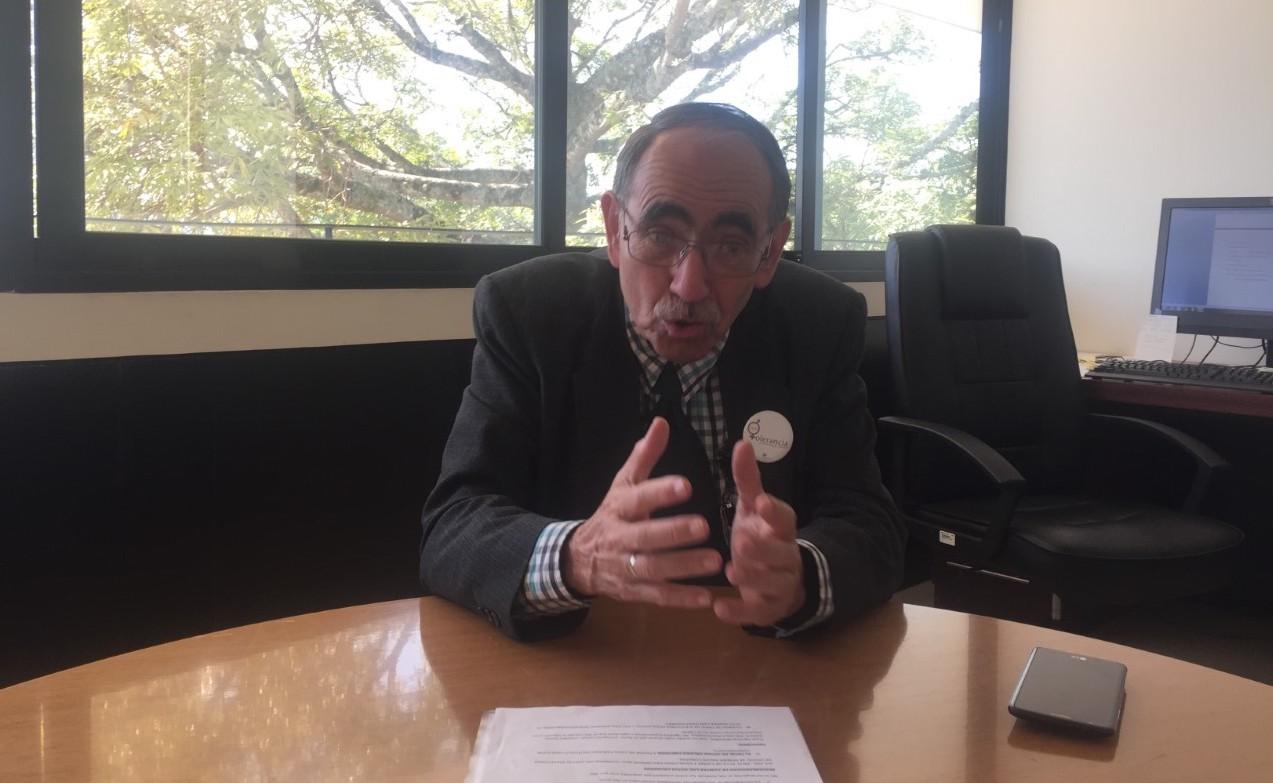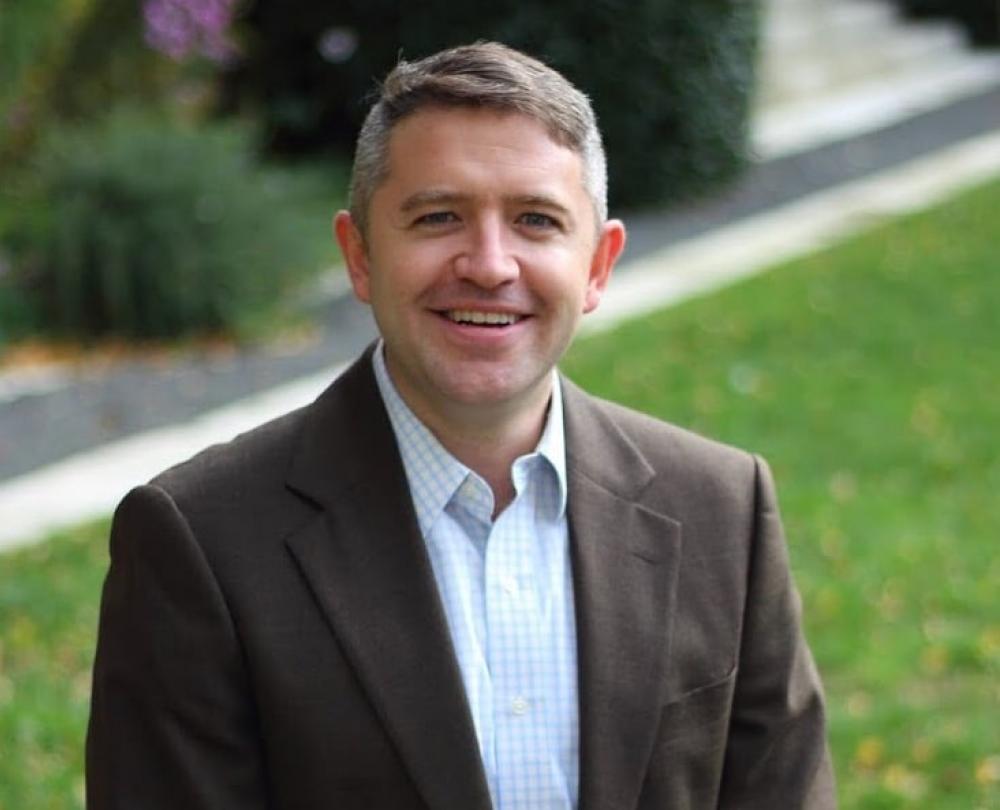Student Stories - Wilin Buitrago Arias
Political Science DPhil student Wilin talks about his research experience.
What do you enjoy the most about your DPhil?
The entire experience of my DPhil is exciting both academically and personally. I have been fortunate finding a place where my academic interests are well received and challenged to expand. At Oxford and particularly at the Department of Politics and International Relations -DPIR- I have found a wonderful academic environment to tackle the different aspects of Collective Political Violence and Party building after prolonged war and insurgency in Latin America.
I particularly enjoy the process of building a community of knowledge where everyone tries to contribute to better understand the mechanisms behind Politics. We have, for example, a research group of people from different nationalities, including our supervisors and international visitors, developing and testing their ideas on comparative government and diverse aspects of Politics in Latin America. This group -- and other opportunities over the term – means that each one of us is not alone in this process and has a place to develop personally and academically.
Furthermore, I have the chance to combine mixed research methods with a constant reference to experiences of fieldwork in different countries. It is not easy and demands a lot of work, but this possibility positively impacts the kind of research that one conducts. It has been tremendously important for me to identify some of the stories, faces and places behind the theories that academic research develops.
Did Campion Hall add anything to the quality of your research experience, and if so how?
Absolutely. I admire the vibrant community of academics that gathers at Campion Hall. In particular, what I have found is an environment of academic and human quality. It is great cycling back after a day working at the department and finding myself immersed with my fellows and other members of the Hall in different activities. These offer me a nice break from the learning and teaching experience and force me to think about other realities beyond my research questions. Likewise, the Hall organizes events such as seminars and talks and these are very well structured and interesting. These events help to open other venues of interest and interact with people with different backgrounds, which is an added value and makes our home a very active and open-minded space.
More importantly, it is indeed encouraging to identify that there is a common interest about reconciliation, justice and dignity in Campion Hall. Therefore, something that has impacted my research is the support of both the Hall and the University during my experiences of fieldwork and the real interest at the Hall for the collected data and obtained experiences. Thanks to this support my research design has been enriched with data that otherwise I could not obtain easily.
How did you find support in your research through the community of Campion Hall?
Our lifestyle reflects the effort of everyone to achieve a difficult balance. Campion Hall is not about hard isolated work, which is not uncommon while conducting a doctoral research, but mainly about certain natural willingness to grow as a human being beyond the high standards of the University.
As such, the dynamic among mature fellows and Jesuits works to build not just a place to stay but a home where everyone is welcome and has a place and importance. This may sound romantic, but on the contrary, from a practical view it is quite meaningful, especially during your 2 a.m. moments of being unconsciously overburdened under a pile of books or your writing crises in the library.
Reflecting on this, it is not uncommon to hear visitors’ comments recognizing how the environment at Campion Hall is very helpful in offering a space for deep discussions, friendly interactions, and for relaxing and sharing insights after a hard day. This is very significant, because what we have at the core of this Jesuit home is an “ethos”. A way of life in which the academic excellence is crucial but only if it helps you also to achieve an open heart to others, their diversity and realities. A mature heart that does not diminish but embraces the one that is next to you. Personally, I find this vital and I honestly think that the pivotal experience of Ignatius and the first Jesuits as a group was not that different from this.

Describe an experience that has impacted you during your research
Two interviews during my first round of fieldwork meetings: the first with an ex-guerrilla high commander in Central America, and the other with an active guerrilla chief in Colombia at the time.
Many aspects of these interviews had an impact on me. One happened in the middle of the night, in a very remote area high in the mountains. I was, at all times, following instructions by radio and being guided by a very fast driver while trying not to lose all my equipment in the run. Before the interview I had the chance to talk with a number of young combatants. The interview revealed an environment of optimism as well as uncertainty in the context of peace negotiation. There was also a very different view among the ranks regarding the process and the subsequent disarming.
The other interview was held during the day at the house of the interviewee and her family, who had been rebels in the past. Their town, which was once one of the hottest points of conflict, is still a very politically active environment. During the interview, the conversations revealed a very different narrative of the conflict: that of someone who was once a high leader of the insurgency and now a minister of the government after conflict termination. It was a very long conversation and the painful horrors of war were related in detail. The conversation also showed, however, evidence of the many opportunities that institutional changes have made possible in the country after opening solid political spaces for ex-combatants to channel their political preferences. In terms of my research, the interview really highlighted the difficulties of reconciliation and building strong insurgent successor parties over time in a society deeply divided by conflict.
The story here is long, but the point for me with these interviews is that these people, in different ways, indicated to me the importance of researching the politics in Latin America, particularly in understanding the mechanisms of collective political violence and democracy after conflict. It showed me that how actors operate, transform, and organize after conflict termination matters and should be studied in depth.
Describe Campion Hall in one word
Community


